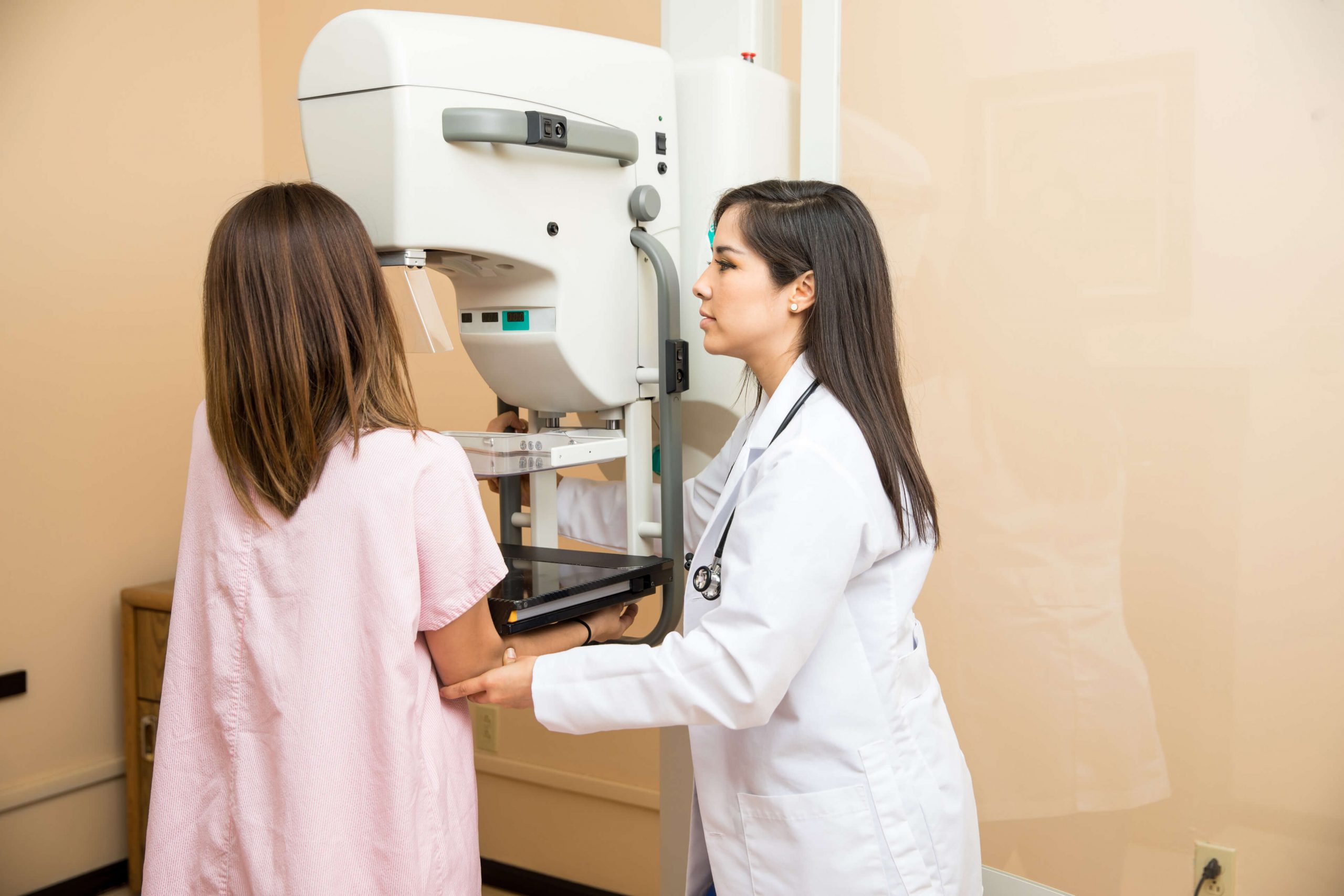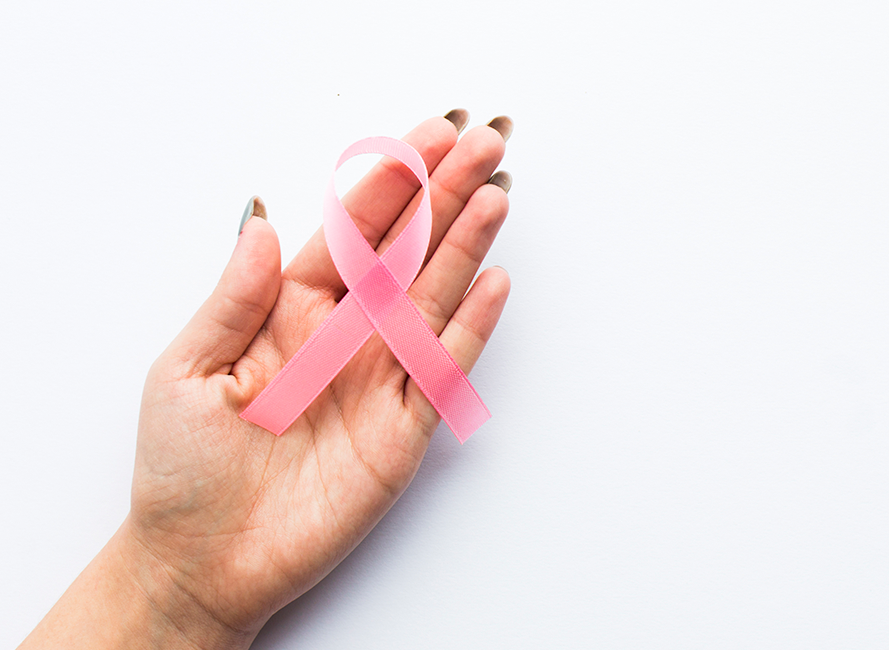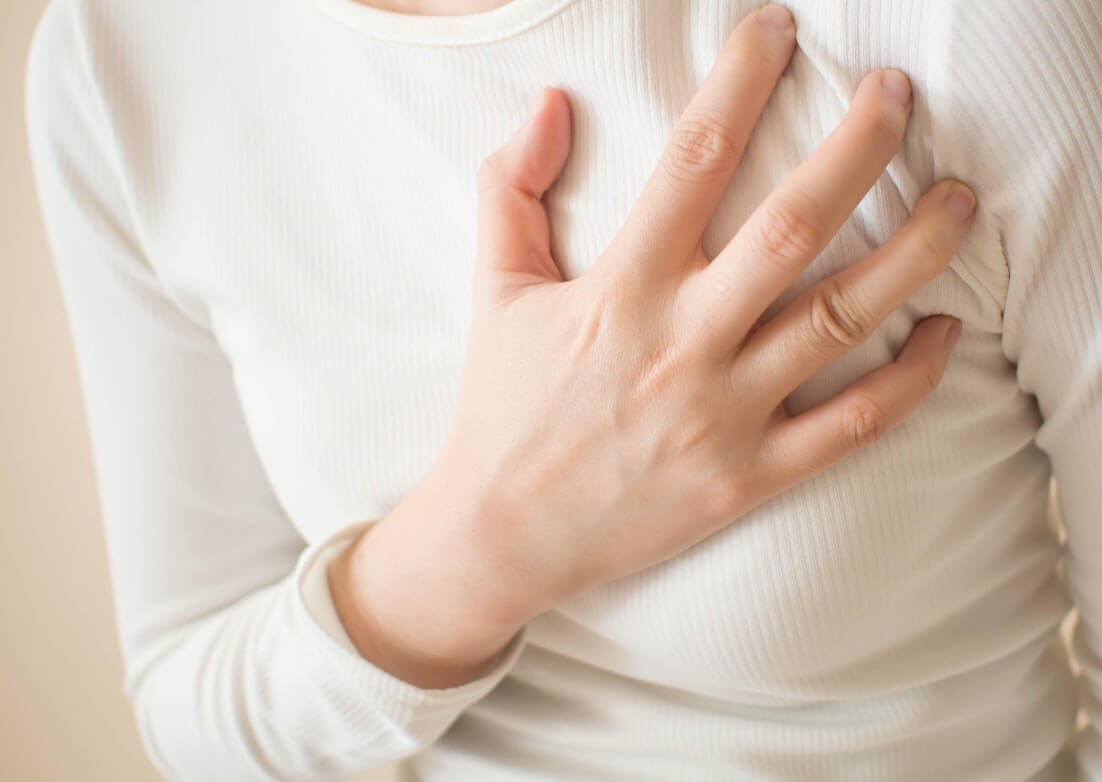Breast Health
Gynaecomastia: Understanding Male Breast Cancer

Gynaecomastia (commonly known as man boobs) is the non-cancerous enlargement of one or both breasts. It is a condition that affects males due to the growth of breast tissues, causing the breasts to swell and grow bigger as a result of this condition.
What is Gynaecomastia?
Males of all ages, including adolescents, and elderly adults, can experience breast enlargement. Gynaecomastia typically happens when a preteen or teenager is going through hormonal changes during puberty, and older men.
It is caused by an increase in breast tissue rather than fat, Hence, exercising or reducing weight will not diminish gynaecomastia breast tissue.
Pseudogynaecomastia, is a different condition in which fat accumulates in the breasts as a result of being overweight or obese.
Symptoms
Symptoms of Gynaecomastia may present themselves as a lump or fatty tissue that starts from underneath the nipple and spreads outwards over the breast area. There may be discomfort or tenderness, in one or both breasts.
Some common symptoms to look out for:
- Pain, particularly in adolescents
- Swollen breast tissue
- Breast tenderness
- Nipple sensitivity with rubbing against clothes
- Nipple discharge in one or both breasts
It is advisable to see a breast specialist for a diagnosis if you notice any symptoms of Gynaecomastia.
Diagnosis
Your breast specialist will assess the symptoms, perform a physical examination and review your medical and family history. Other tests may be required in some circumstances to provide an accurate diagnosis, such as:
- A breast ultrasound scan and/or a mammography (breast x-ray) (using high-frequency sound waves to produce an image)
- A fine-needle aspiration (FNA) or, more likely, a breast tissue core biopsy
- Blood test to look for secondary causes of Gynecomastia
As gynaecomastia can be a symptom of other diseases (secondary cause), your doctor may want to check your neck, abdomen (belly), and testicles. They may also request that you undergo additional testing, such as a blood test.
Why Does Gynaecomastia Occur?
Occasionally, imbalance of the sex hormones, testosterone and oestrogen, can cause Gynaecomastia.
Oestrogen is a female hormone that stimulates the growth of breast tissue. Men produce some oestrogen, but their testosterone levels are usually higher, preventing oestrogen’s effects.
Some key points about gynaecomastia:
- Breast growth can be caused by hormonal imbalance in men.
- Obesity raises oestrogen levels and is a common cause of gynecomastia.
- Oestrogen from the mother can flow through the placenta into newborn baby boys, but this is only transitory and should dissipate within a few weeks of birth.
- Hormone levels fluctuate during puberty, and if testosterone levels fall below a certain threshold, teenage boys may develop gynecomastia. This normally goes away once their hormone levels have stabilised. In older men, they generate less testosterone and gain more fat, both of which can lead to an increase in breast tissue growth.
- Due to their adverse effects on hormonal pathways, some medications are known to cause gynecomastia.
Does Gynaecomastia Mean Cancer?
Gynaecomastia, or enlarged male breast tissue, may increase your risk of breast cancer slightly. Even if you have gynecomastia, your chances of acquiring male breast cancer are slim. Gynaecomastia usually goes away on its own with minimal treatment and has a low risk of leading to long-term problems.
Treatment Options for Gynaecomastia and Male Breast Cancer
Surgery
Reduction mammoplasty, subcutaneous mastectomies with or without liposuction, and microdebridement are some of the methods that can be used to reduce the amount of breast tissue removed.
The breast is either partially or completely removed with these procedures, while the nipple and underlying skin are preserved.
This surgery typically lasts 1.5 hours and is done as a day surgery. You may resume normal activities 1 to 3 days after surgery.
There are risks associated with this treatment in terms of the appearance of the affected area. Dr Tan Chuan Chien will discuss with you on the associated risks before the surgery.
Medical Treatment
Drugs such as clomiphene and tamoxifen are sometimes used which oppose the action of oestrogens.
FAQs about Treatment of Gynaecomastia and Male Breast Cancer
How common is Gynaecomastia?
Gynaecomastia is the most common form of male breast disorder worldwide. It affects 50% to 65% of boys and men worldwide.
Is there a possibility that I can prevent Gynaecomastia?
Gynecomastia is not preventable as in most cases, they are caused by natural changes in hormone levels.
Are there any factors that put me at risk of Gynaecomastia?
Adults can help prevent gynecomastia by avoiding certain medicines, drugs, and lifestyle factors.
Reduction of alcohol consumption as well as maintaining a healthy weight can reduce your chances of Gynaecomastia.
WHO WE ARE
About SOG Health Pte. Ltd.
Established in 2011, SOG Health Pte. Ltd. (“SOG”) is a leading healthcare service provider dedicated to delivering holistic health and wellness services to the modern family.
With a long and established track record in Singapore providing Obstetrics and Gynaecology (“O&G”) services such as pre-pregnancy counselling, delivery, pregnancy and post-delivery care, the Group has since further expanded its spectrum of healthcare services to include Paediatrics, Dermatology, and Cancer-related General Surgery (Colorectal, Breast & Thyroid).
The Group’s clinics, under its four operating segments of O&G, Paediatrics, Oncology and Dermatology, are strategically located throughout Singapore to provide easy access to its patients.
- Obstetrics
- Gynaecology
- GynaeOncology
- Breast, Thyroid & General Surgery
- Colorectal, Endoscopy & General Surgery
- Dermatology
- Paediatrics
Consult With A Specialist From SOG
Visit one of our specialists today to learn more about your health!
Recommended Specialist
Book An Appointment
Fill up this form and our clinic will get back to you shortly.
For general enquiries, please click here.




